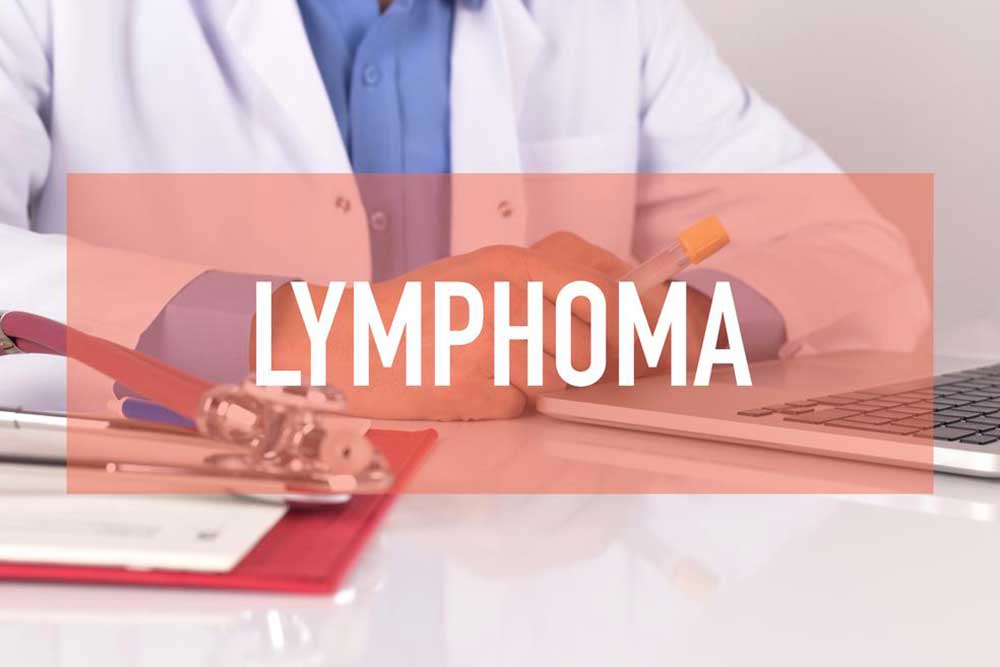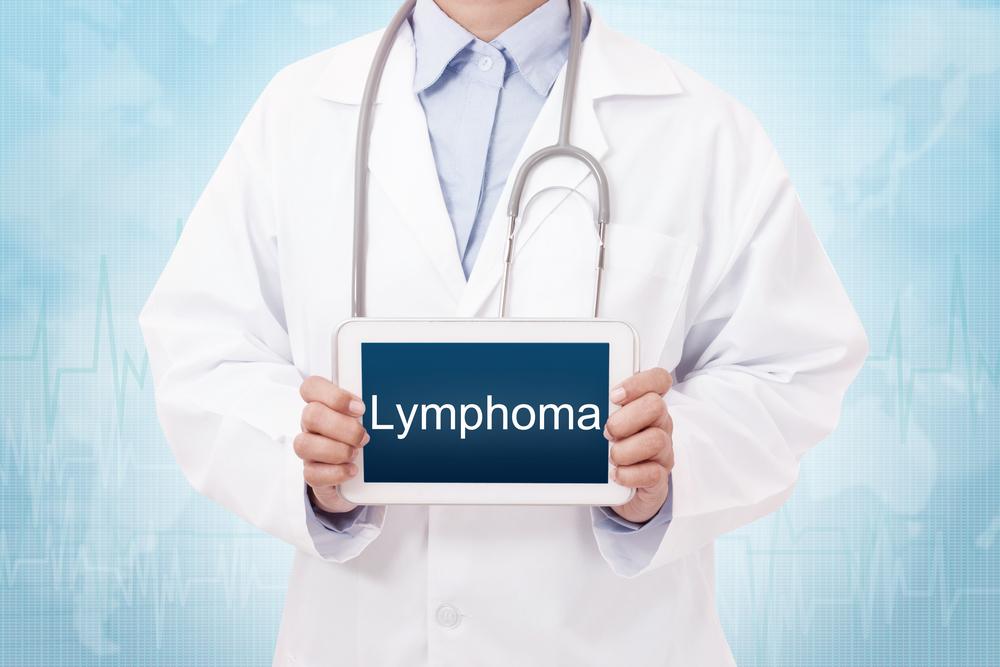Comprehensive Guide to Non-Hodgkin Lymphoma Treatment Options
This article provides an in-depth overview of Non-Hodgkin Lymphoma, including symptoms, risk factors, and treatment options. Early diagnosis is key to successful management, with therapies such as chemotherapy, radiation, immunotherapy, and stem cell transplants. Support systems are essential throughout the treatment journey to help patients cope with physical and emotional challenges. The guidance aims to educate readers about this lymphoma type, emphasizing timely medical consultation and personalized treatment plans for better outcomes.

Comprehensive Guide to Non-Hodgkin Lymphoma Treatment Options
Non-Hodgkin Lymphoma is a cancer originating in the lymphatic system, characterized by the uncontrolled growth of lymphocytes. The most common variants include follicular lymphoma and diffuse large B-cell lymphoma. Luckily, the prognosis with appropriate treatment is often favorable. Early diagnosis significantly improves treatment success, making awareness of symptoms crucial. Common signs comprise unexplained weight loss, painless swollen lymph nodes, abdominal discomfort, chest pain, persistent coughing, fatigue, fever, and night sweats. Prompt medical consultation is essential upon noticing these symptoms.
Risk factors encompass a weakened immune system, immunosuppressive medications, previous organ transplants, infections like HIV or Helicobacter pylori, exposure to pesticides or chemicals, and advanced age. Diagnosing NH lymphoma involves physical exams, blood and urine tests, imaging scans such as CT, MRI, or PET, lymph node biopsies, and sometimes bone marrow analysis. Treatment varies depending on the lymphoma type, stage, patient age, and overall health. Options include:
Chemotherapy: Drugs administered orally or via injection to destroy cancer cells, often combined with other therapies.
Radiation Therapy: High-energy radiation targets and eliminates tumor cells.
Stem Cell Transplant: Harvested stem cells are reintroduced after high-dose chemo or radiation to restore healthy marrow.
Immunotherapy: Biological drugs bolster the immune response against cancer.
Radioimmunotherapy: Monoclonal antibodies linked with radioactive isotopes specifically target and irradiate cancer cells.
Although treatment success rates are encouraging, the journey can be physically and emotionally demanding. Support from family and healthcare professionals is vital for coping with the challenges presented by therapy.









